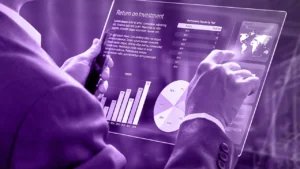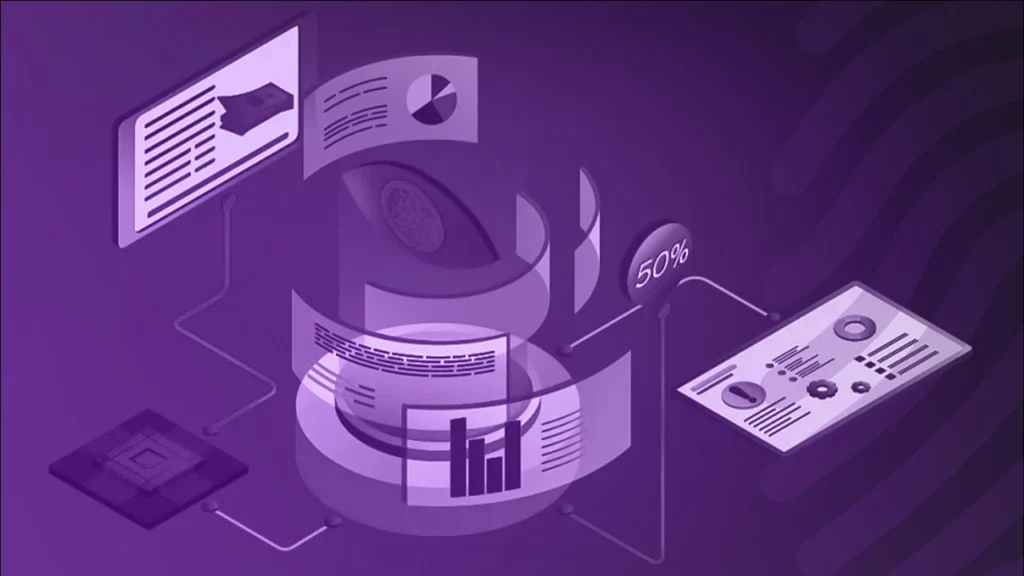Introduction: Sanctions Screening Is No Longer Just for Banks
When most people hear the term sanctions screening, they think of banks, financial institutions, or large multinational corporations. For years, these sectors have carried the weight of compliance obligations, ensuring they aren’t dealing with sanctioned individuals, entities, or countries.
But in 2025, that landscape has expanded dramatically. Today, non-financial businesses from real estate firms to logistics companies and even luxury retailers are expected to conduct thorough sanctions checks as part of their due diligence.
Failing to implement sanctions screening can result in reputational harm, costly fines, or even legal action. The good news? With the right approach and modern tools, compliance doesn’t have to be overwhelming.
Why Sanctions Screening Is Expanding Beyond Finance
Several factors explain why industries outside of banking are increasingly in the spotlight:
- Global Trade Risks – Businesses involved in international supply chains are exposed to sanctioned entities without realizing it.
- Evolving Regulations – Governments worldwide are tightening AML (Anti-Money Laundering) and counter-terrorist financing frameworks to cover non-financial sectors.
- High-Value Assets – Real estate, luxury goods, and art markets are attractive targets for money launderers and sanctioned individuals.
- Reputation Concerns – Even a single connection to a sanctioned party can damage credibility with customers and partners.
Who Needs to Pay Attention in 2025?
Industries outside finance that should prioritize sanctions screening include:
- Real Estate Developers & Agents – High-value property purchases are often used to disguise illicit funds.
- Law Firms & Corporate Service Providers – Involved in company formation and cross-border transactions.
- Import/Export Businesses – Exposed to global sanctions lists through international trade.
- Luxury Retailers – Jewelry, art, and high-end goods markets are vulnerable to misuse.
- Tech & SaaS Companies – Especially those offering cross-border digital services or payment platforms.
Practical Tips for Non-Financial Businesses in 2025
1. Integrate Sanctions Checks into Onboarding
Every new client, vendor, or partner should undergo screening against updated sanctions lists. This ensures businesses don’t unintentionally collaborate with restricted entities.
2. Use Automated Sanctions Screening Tools
Manual checks are slow and error-prone. Automated systems provide real-time screening across global databases, reducing the risk of oversight.
3. Stay Updated with Global Lists
Sanctions lists change frequently. The OFAC (US), UN, EU, and local regulators often issue updates. Businesses must ensure they’re screening against the latest data.
4. Train Employees
Compliance isn’t just a technology issue; employees need to understand what sanctions are, how they apply, and what red flags to watch out for.
5. Document and Audit Processes
Keep detailed records of screenings, outcomes, and actions taken. In the event of an investigation, this demonstrates due diligence.
6. Adopt a Risk-Based Approach
Not every customer or vendor carries the same level of risk. Focus enhanced due diligence on high-risk transactions, industries, or geographies.
Challenges Non-Financial Businesses Face
- Limited Resources – Smaller companies often lack compliance departments.
- Complex Global Operations – Multiple jurisdictions mean multiple sanctions regimes.
- False Positives – Common names can trigger unnecessary alerts, slowing down operations.
Fortunately, modern AI-powered sanctions screening solutions are designed to reduce false positives, streamline workflows, and make compliance achievable even for smaller businesses.
The Cost of Ignoring Sanctions Screening
In 2025, regulators are taking a stricter stance on non-compliance. The consequences include:
- Financial Penalties – Multi-million-dollar fines for violations.
- Legal Liability – Criminal charges in severe cases.
- Reputational Damage – Loss of customer trust and investor confidence.
- Operational Disruption – Inability to conduct international business.
For non-financial companies, these risks can be even more damaging since they may lack the financial resilience of banks to absorb penalties.
Future Trends in Sanctions Screening
- AI and Machine Learning will make screening faster and more accurate.
- Real-Time Monitoring will replace periodic checks.
- Integration with KYC/KYB will provide a 360-degree view of customers and business partners.
- Cross-Sector Regulations will expand obligations for industries that were once exempt.
Conclusion: Compliance Is Now Everyone’s Responsibility
Sanctions screening is no longer optional or limited to the financial world. In 2025, businesses outside finance must adopt compliance practices to protect themselves from legal, financial, and reputational risks.
By integrating automated tools, training staff, and staying updated on regulations, organizations can confidently engage in global transactions while staying compliant.
For businesses looking to future-proof their operations, now is the time to strengthen sanctions screening frameworks and align with international standards.






